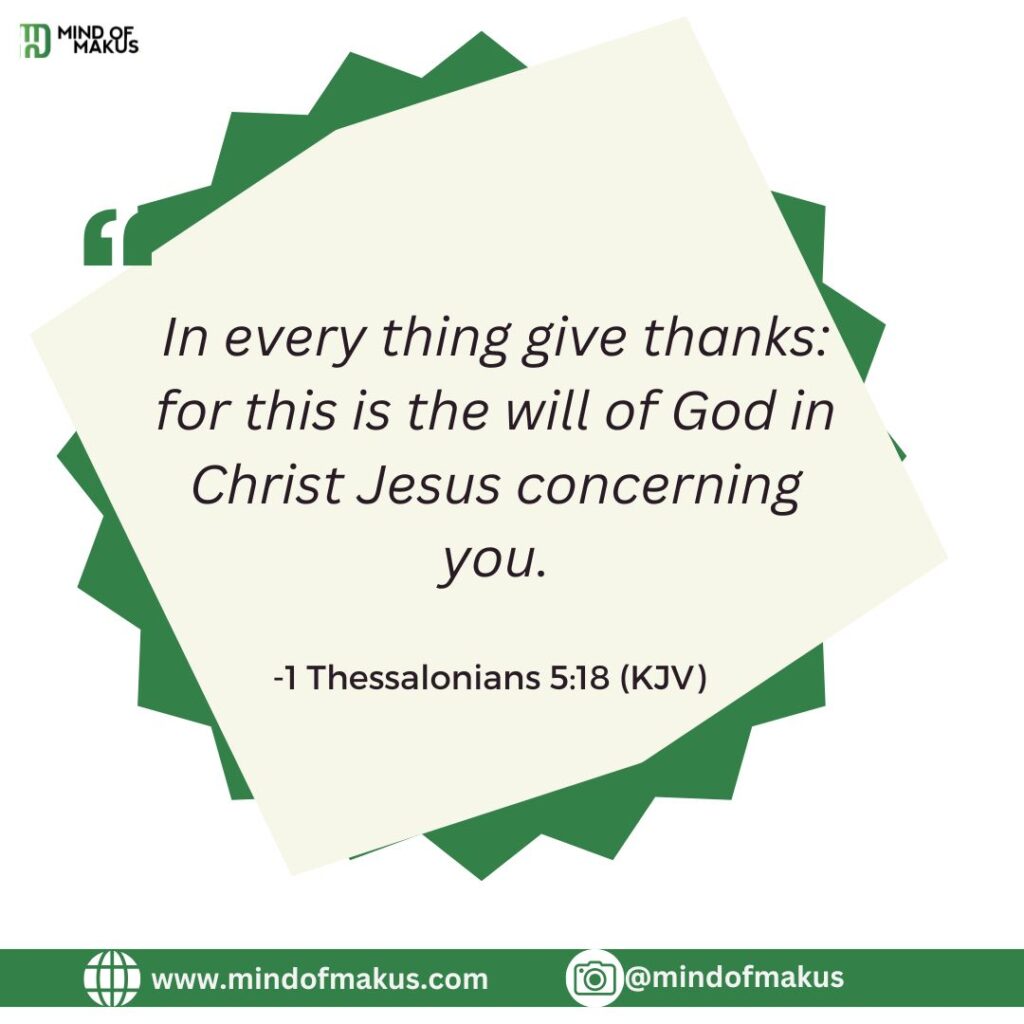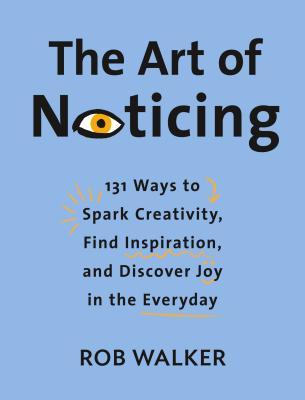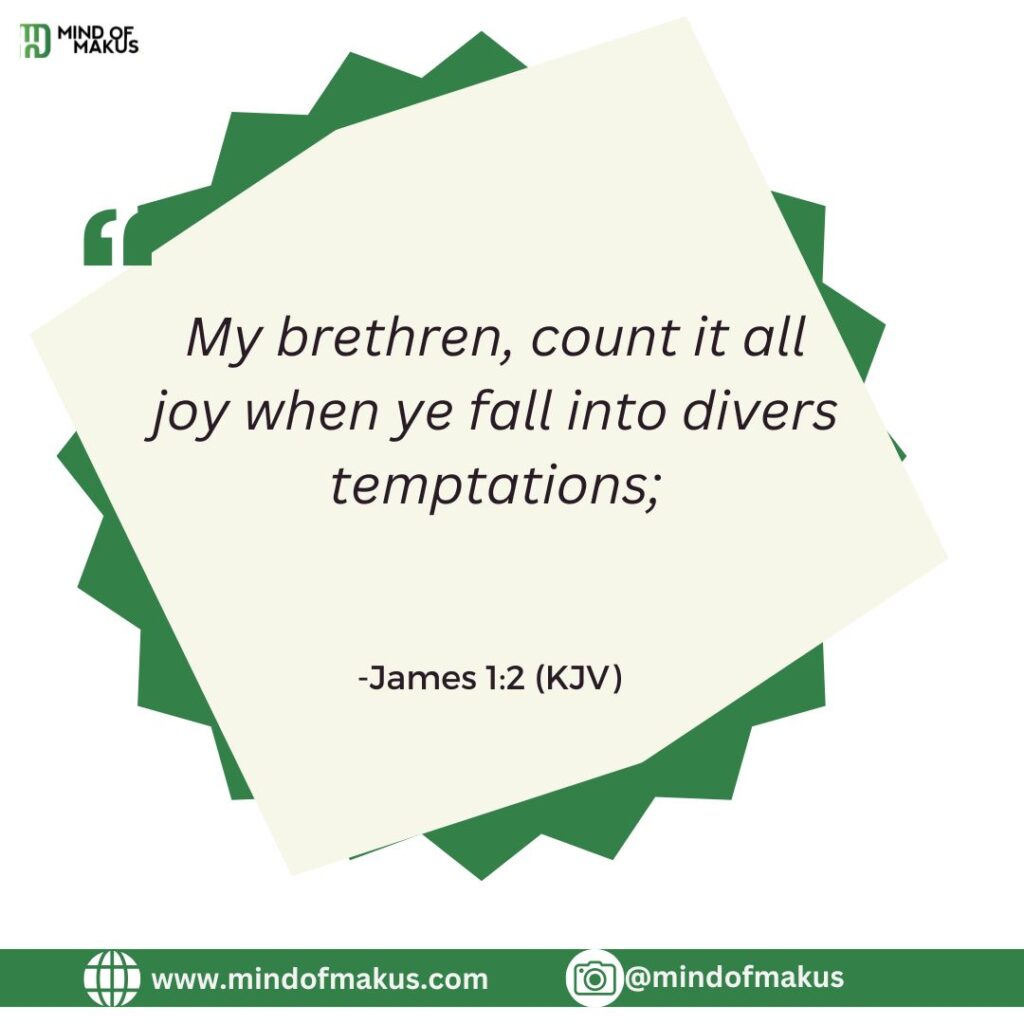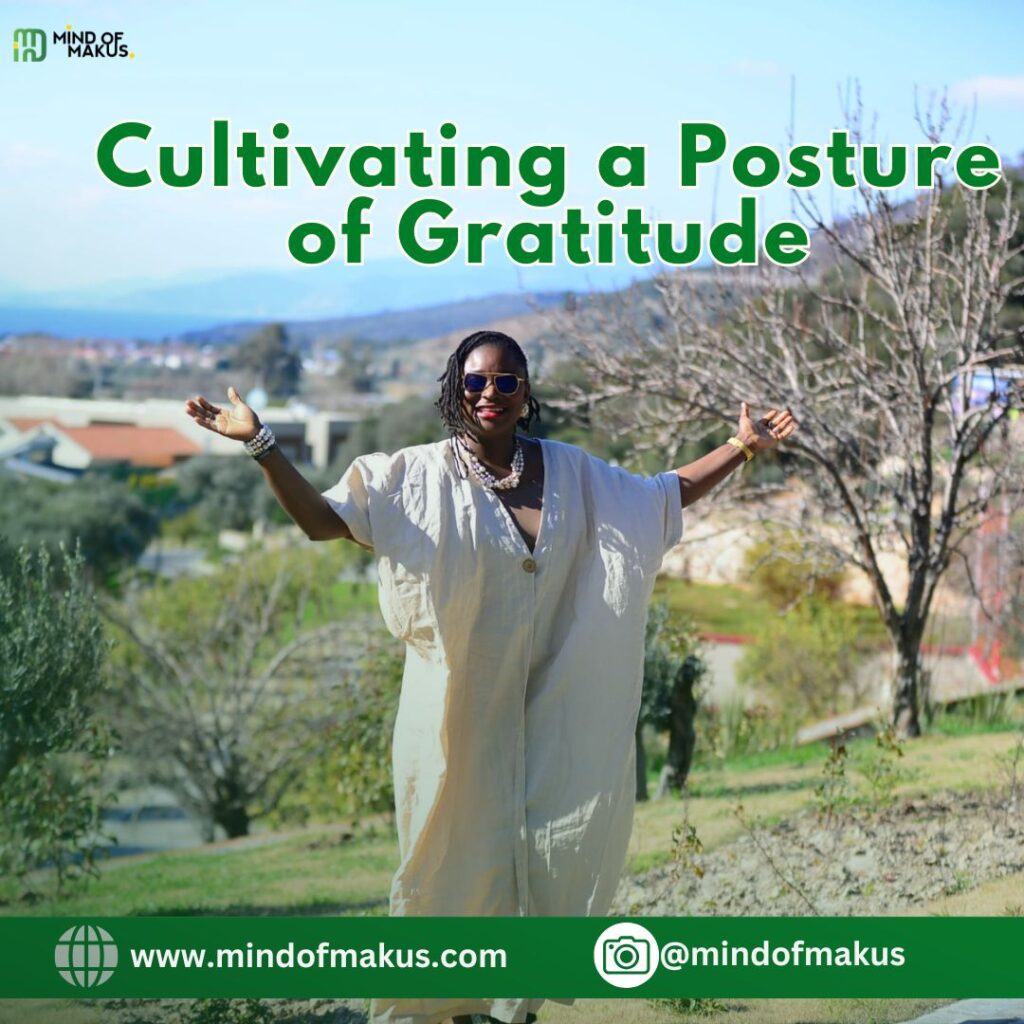Hello dear friend,
I hope you are enjoying the series on managing your mental health in the colder months of the year. In the UK, it now gets dark from 5 pm, and what I have noticed is that it creates a sense of urgency in everyone outside their home.
So you automatically feel and act like you are running late. You see humans being controlled by the sun/moon for real. The chaos, impatience, nastiness, and hastiness in the general public are outstanding. Show grace, it’s just the weather.
Welcome to November — a month that often reminds us to slow down, reflect, and count our blessings. As the year winds down and life begins to feel a little more reflective, it’s the perfect time to talk about something that can truly transform your mental health: gratitude.
Gratitude is more than saying “thank you.” It’s a mindset — a way of seeing the world that shifts your focus from what’s missing to what’s meaningful. And when practiced daily, it can become one of the most healing tools for your emotional well-being.


At the risk of sounding cliché, consider your life’s journey carefully over the last 10 years…. Do you feel underwhelmed? Overwhelmed? Flat?
It’s worth knowing.
What Does It Mean?
The art of cultivating a thing means to carefully consider and nurture it until it becomes mature or ready to be used for a purpose, just like you would cultivate a plant. It’s a daily choice to pause, notice, and appreciate the goodness in your life, even in seasons that feel heavy.
It’s not pretending that everything is fine. Rather, it’s acknowledging that even in difficult moments, there are still reasons to hope, smile, and be thankful.


Benefits of Gratitude for your Wellbeing
Gratitude isn’t just a nice feeling — it’s powerful and rewarding brain work. Practicing gratitude regularly has been linked to:
✅ Reduced stress and anxiety
✅ Improved sleep and mood
✅ Greater resilience during hard times
✅ Stronger relationships and empathy
When you focus on what’s good, your brain gradually learns to see more of it. Gratitude literally re-trains your mind to notice peace before problems. Our brains have evolved over time to keep us safe, and as a result, the brain retains information about survival and potential harm to keep us safe.
In order to reprogram ourselves to be mindful of the good, we need to be more intentional about inputting the good data, noticing the stranger that held the door, the taxi driver that drove well, the perfume we love, the gestures from our children and partner that was sweet.
These small things are data that we must input and meditate on intentionally to pull out a gratitude practice for everyday life.


Simple Ways to Practice Gratitude Every Day
You don’t need an elaborate journal or a fancy ritual to begin. Gratitude thrives in simplicity. Here are easy, realistic ways to weave it into your daily life:
1. Start and End Your Day with Thanks
Before you reach for your phone in the morning, name one thing you’re thankful for. Before bed, recall one good thing that happened — no matter how small.
Gratitude anchors your day in awareness and peace. Noticing these things is a win in itself. We have to take the position of not taking things for granted. Our circumstances, our community, our health, jobs, etc.
2. Keep a Gratitude Journal
Write down three things you’re grateful for each day. They can be simple: “My morning coffee,” “A call from a friend,” “My child’s laughter.”
The act of writing helps you slow down and see your blessings more clearly. It helps you to slow down the experience and potentiates your memory to hold onto the information, because you think it’s important.
Subscribe to My Newsletter
3. Express Gratitude Out Loud
Don’t just think it — say it. Thank your partner, your kids, a co-worker, or even a stranger who held the door. Expressing gratitude out loud multiplies joy — both for you and the other person. Add thanks when you reply to emails, our workplace a such a good place to practice gratitude.
In doing our work daily, no matter where it might be, we are taking a position of service to humanity. Your colleagues need to hear the thanks just as much as you do.
4. Turn Setbacks into Gratitude Moments
When something goes wrong, ask: What can I still be thankful for here? Maybe it’s a lesson, a pause, or even just the strength to keep going. Gratitude doesn’t erase pain, but it helps you hold it differently.
This year has been one for setbacks and unexpected events, holding this in mind- that there is a lesson to be thankful for – has humbled me and helped me to wake up with strength for another day.


5. Involve Your Family
Make gratitude a shared practice. At dinner or bedtime, let everyone name one thing they’re thankful for. It helps create a home atmosphere filled with appreciation, not comparison. Teach children early how to feel it and show it.
Gratitude and Faith
For many, gratitude is also a spiritual practice — a way of acknowledging God’s faithfulness through every season.
In Scripture, gratitude often precedes miracles. It’s a posture that opens the heart and invites peace into your life and circumstances. The posture of our heart is so important; if we speak thanks without feeling it, it’s merely a waste of time.
The miracles and goodwill that come to us when we show gratitude are often a harvest of the good seeds that have grown in our own hearts. It is we who transcend the problem by merely being more like God in character.
As Philippians 4:6-7 reminds us:
“Do not be anxious about anything, but in everything, by prayer and petition, with thanksgiving, present your requests to God. And the peace of God… will guard your hearts and minds.”
This November, let gratitude be your quiet rebellion against anxiety, stress and despair.
You can Support My Work
Final Thoughts
Gratitude doesn’t ignore hardship — it redefines it.
It teaches us to see life as it is, yet still choose joy within it. The real ease in life begins in our hearts; aligning it with God is the game changer. Giving thanks and obeying his instructions for living with change us so much that our very lives become much more meaningful and purposeful.
So, as you move through this new month, I invite you to practice gratitude daily — not just as a feeling, but as a way of living. Say it, Think it, Text it, Be it.
Pause. Notice. Appreciate. Repeat.
And watch how your perspective — and peace — begins to change.
Until next time — stay warm, stay growing, stay loving, stay whole.
With love and light,
Amaka

